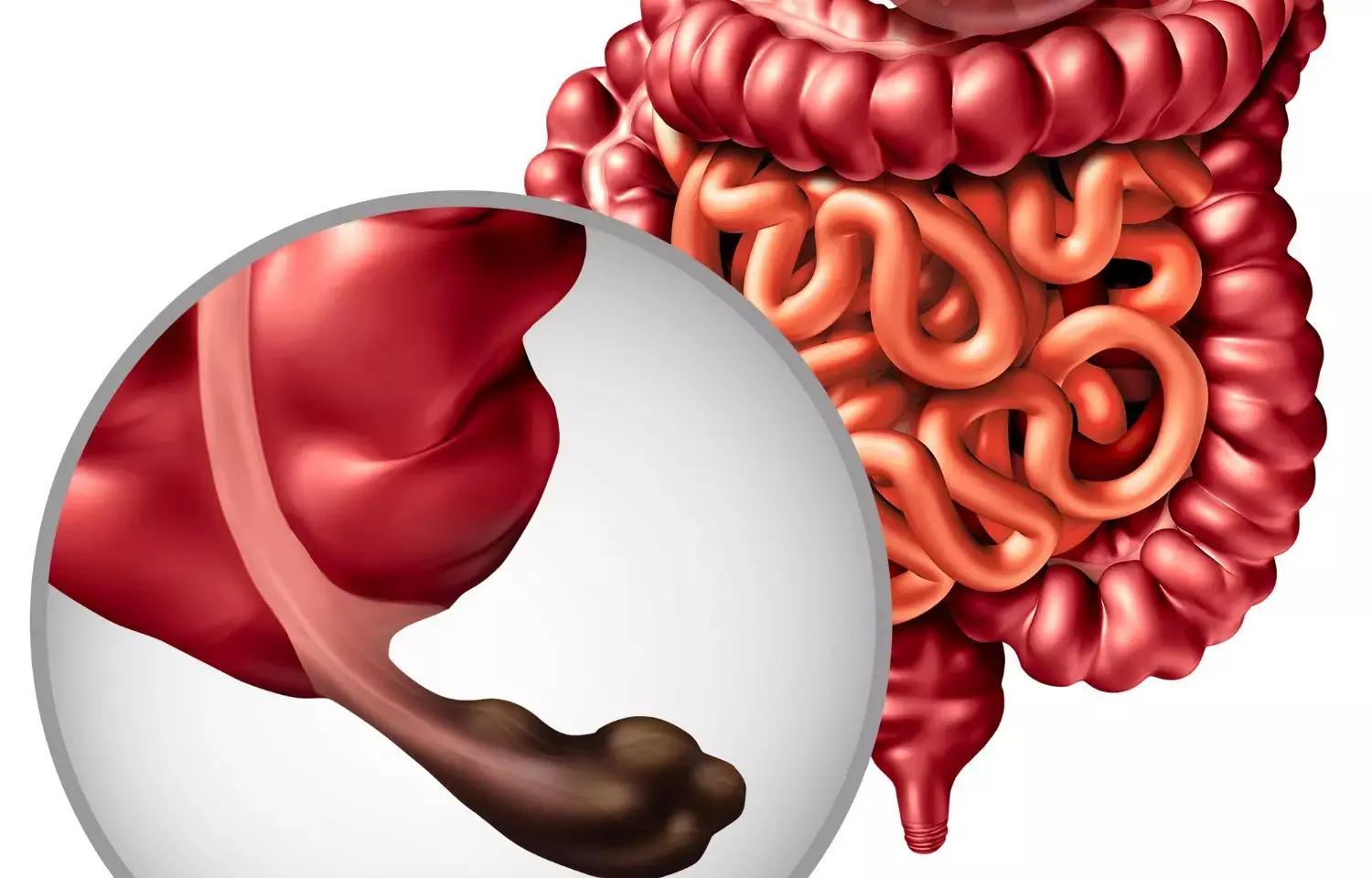- Home
- Medical news & Guidelines
- Anesthesiology
- Cardiology and CTVS
- Critical Care
- Dentistry
- Dermatology
- Diabetes and Endocrinology
- ENT
- Gastroenterology
- Medicine
- Nephrology
- Neurology
- Obstretics-Gynaecology
- Oncology
- Ophthalmology
- Orthopaedics
- Pediatrics-Neonatology
- Psychiatry
- Pulmonology
- Radiology
- Surgery
- Urology
- Laboratory Medicine
- Diet
- Nursing
- Paramedical
- Physiotherapy
- Health news
- Fact Check
- Bone Health Fact Check
- Brain Health Fact Check
- Cancer Related Fact Check
- Child Care Fact Check
- Dental and oral health fact check
- Diabetes and metabolic health fact check
- Diet and Nutrition Fact Check
- Eye and ENT Care Fact Check
- Fitness fact check
- Gut health fact check
- Heart health fact check
- Kidney health fact check
- Medical education fact check
- Men's health fact check
- Respiratory fact check
- Skin and hair care fact check
- Vaccine and Immunization fact check
- Women's health fact check
- AYUSH
- State News
- Andaman and Nicobar Islands
- Andhra Pradesh
- Arunachal Pradesh
- Assam
- Bihar
- Chandigarh
- Chattisgarh
- Dadra and Nagar Haveli
- Daman and Diu
- Delhi
- Goa
- Gujarat
- Haryana
- Himachal Pradesh
- Jammu & Kashmir
- Jharkhand
- Karnataka
- Kerala
- Ladakh
- Lakshadweep
- Madhya Pradesh
- Maharashtra
- Manipur
- Meghalaya
- Mizoram
- Nagaland
- Odisha
- Puducherry
- Punjab
- Rajasthan
- Sikkim
- Tamil Nadu
- Telangana
- Tripura
- Uttar Pradesh
- Uttrakhand
- West Bengal
- Medical Education
- Industry
First comprehensive medical guideline on management of pouchitis released

The American Gastroenterological Association (AGA) has released the first comprehensive evidence-based guideline on the management of pouchitis, the most common complication people with ulcerative colitis experience following surgery to remove their colon.
Between 150,000 and 300,000 people with ulcerative colitis in the U.S. live with a surgically created internal reservoir or “pouch” created from their small intestine as an alternate way to store and pass stool after their diseased colon is removed. The pouch can become inflamed, a condition called pouchitis, which affects almost half of patients within two years of surgery and up to 80% of patients over time.
“As providers we struggle to get insurance approval for medications to treat pouchitis, because it has not been a well-defined or recognized entity. Our intention with this guideline is to help improve access for patients and providers to use these advanced therapies,” said guideline author Siddharth Singh, MD, MS, University of California, San Diego.
AGA provides the following guidance for physicians caring for patients with ulcerative colitis who undergo proctocolectomy with ileal pouch-anal anastomosis, also known as IPAA or J-pouch.
AGA suggests initial treatment of pouchitis with antibiotics.
Treatment with multi-strain probiotics following an antibiotic course is suggested for preventing recurrent pouchitis.
AGA suggests cyclical or near continuous antibiotic therapy to treat pouchitis that responds to antibiotics but recurs frequently and shortly after antibiotics are discontinued.
In patients with recurrent pouchitis that doesn’t respond to antibiotics or Crohn’s-like disease of the pouch, AGA suggests advanced immunosuppressive medications (ie. Infliximab, vedolizumab, ustekinumab, upadacitinib, etc.)
Pouchitis has a significant impact on patients’ quality of life, so there is interest in ways to prevent it from occurring. The AGA guideline suggests against use of antibiotics for primary prevention of pouchitis, and guideline authors did not find enough scientific evidence to recommend for or against the use of probiotics for prevention.
AGA outlines four types of inflammatory pouch disorders
Intermittent pouchitis
- This happens when a patient experiences infrequent episodes of pouchitis symptoms that get better with treatment.
Chronic antibiotic-dependent pouchitis
This occurs when a patient’s pouchitis responds to antibiotics, but symptoms quickly return after antibiotics are stopped (typically within days to weeks).
Chronic antibiotic-refractory pouchitis
This occurs when patients experience continuous symptoms of pouchitis that don’t get better with antibiotic therapy. Patients usually require more advanced treatment such as steroids or immunosuppressive medication.
Crohn’s-like disease of the pouch
Patients may have issues like fistulas (abnormal passages), strictures (narrowing) and inflammation in the small intestine above the pouch.
Amber Tresca, a patient advocate who has been living with a J-pouch for over 20 years shares that, “it’s important for patients to know how to care for their pouch if they develop pouchitis, especially if they don’t have access to a healthcare provider that is a pouch specialist. This guideline can help patients understand that pouchitis is a real condition, there is treatment for it, and that they don’t have to live with symptoms.”
Reference:
Edward L. Barnes, Manasi Agrawal, Gaurav Syal, Laura E. Raffals, Siddharth Singh, AGA Clinical Practice Guideline on the Management of Pouchitis and Inflammatory Pouch Disorders, DOI:https://doi.org/10.1053/j.gastro.2023.10.015.
Dr Kamal Kant Kohli-MBBS, DTCD- a chest specialist with more than 30 years of practice and a flair for writing clinical articles, Dr Kamal Kant Kohli joined Medical Dialogues as a Chief Editor of Medical News. Besides writing articles, as an editor, he proofreads and verifies all the medical content published on Medical Dialogues including those coming from journals, studies,medical conferences,guidelines etc. Email: drkohli@medicaldialogues.in. Contact no. 011-43720751


